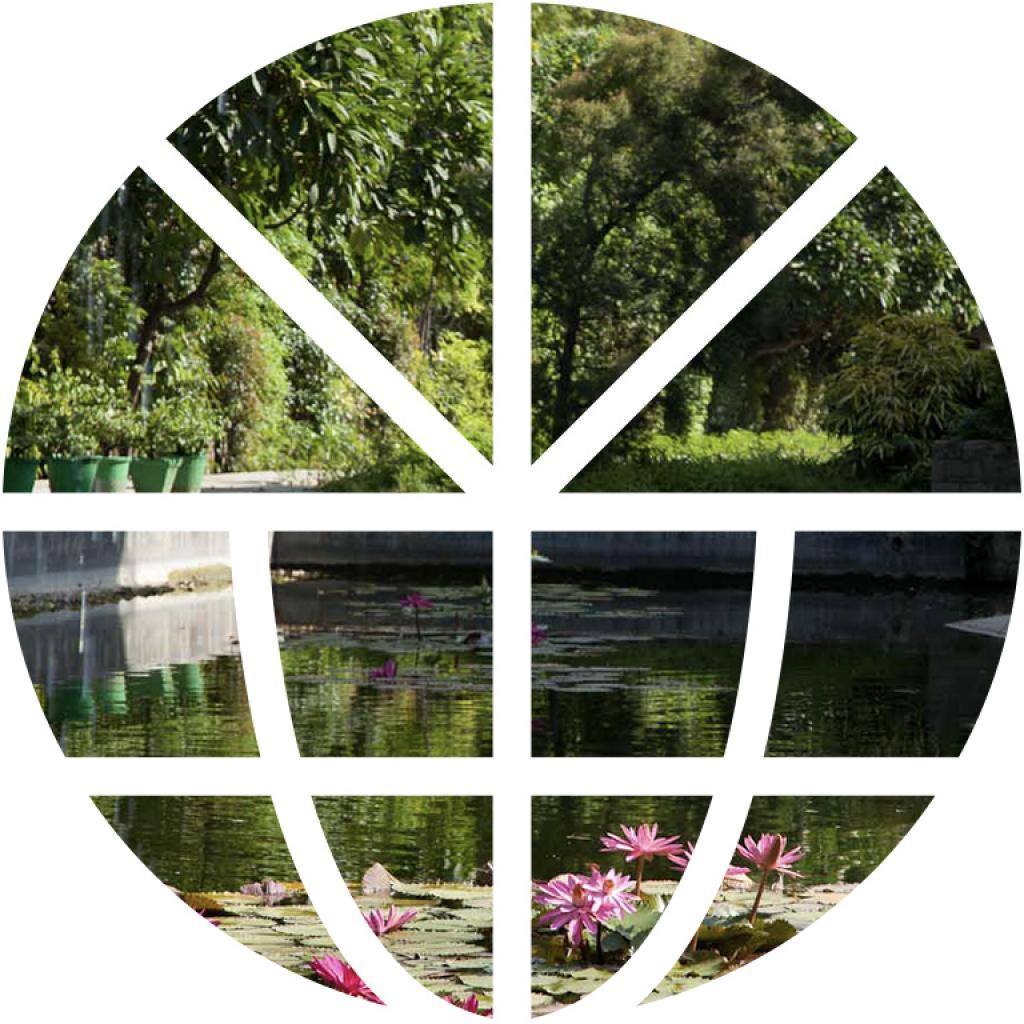MUSIC APPRECIATION PROMOTION
22 June 2018, 05:30 am
MUSIC APPRECIATION PROMOTION
Programme Type
Talks
MUSIC APPRECIATION PROMOTION
Composing Music in Context of Poetry and Dance
Presentation by Smt Jamuna Krishnan
Since 1980s, Jamuna Krishnan has been researching in bhakti literature of North Indian poets. A large number of such compositions are being widely used in Bharatanatyam even today

